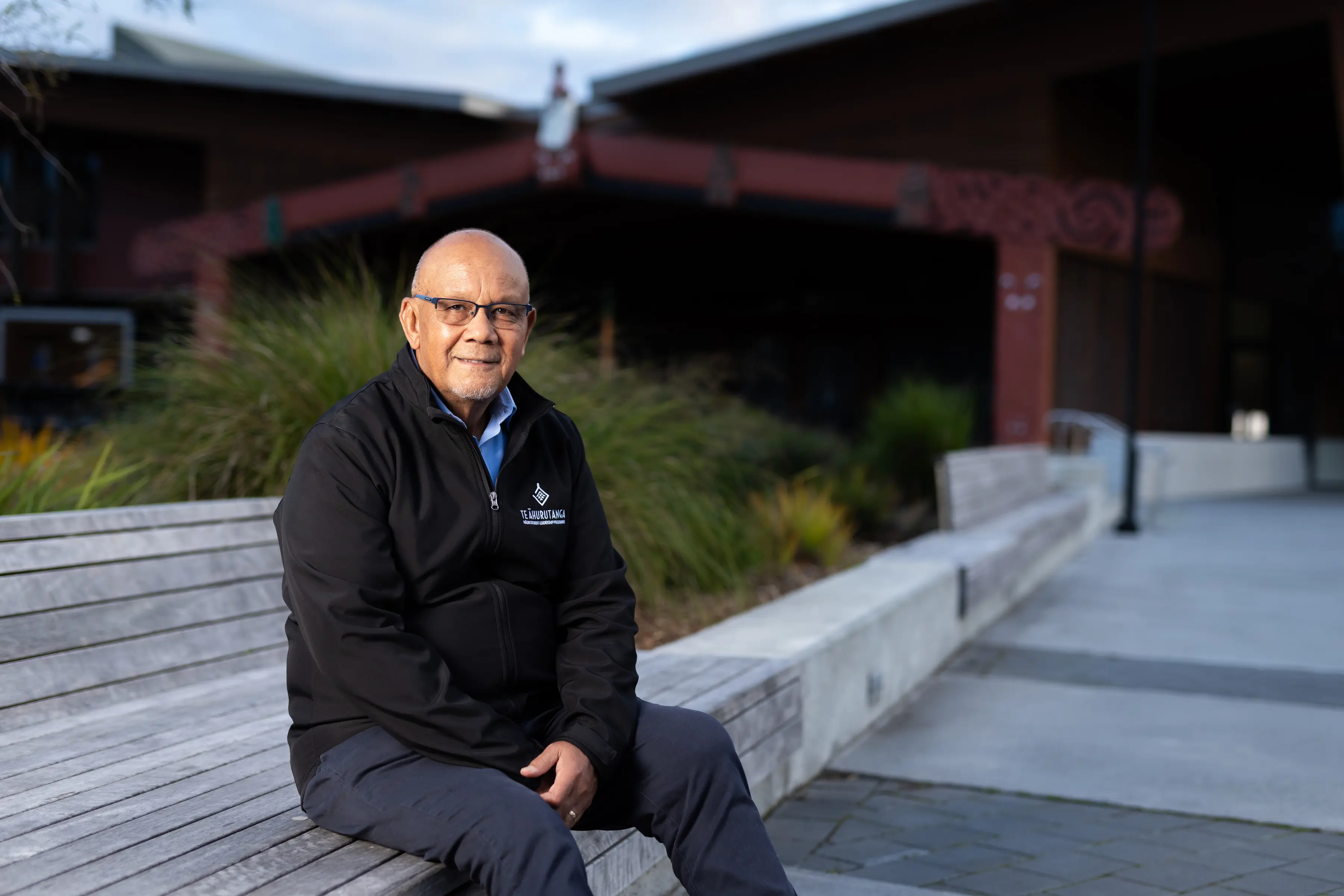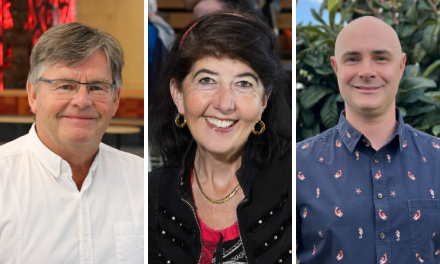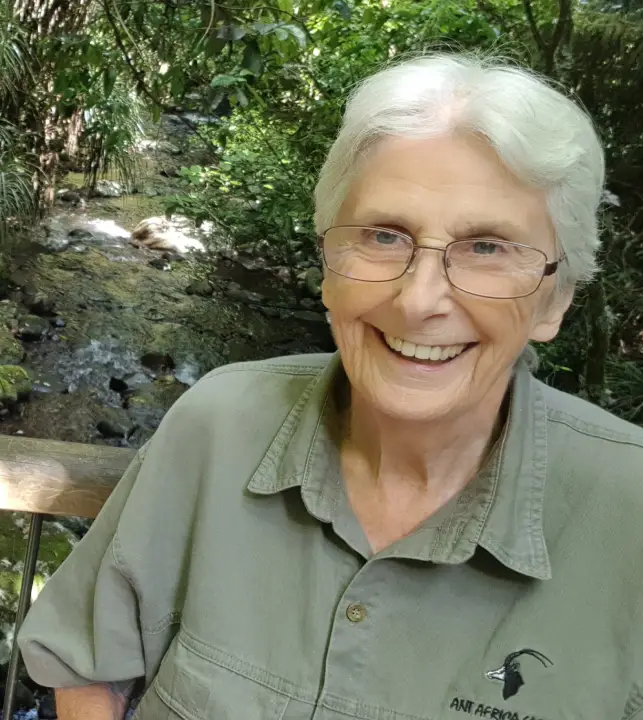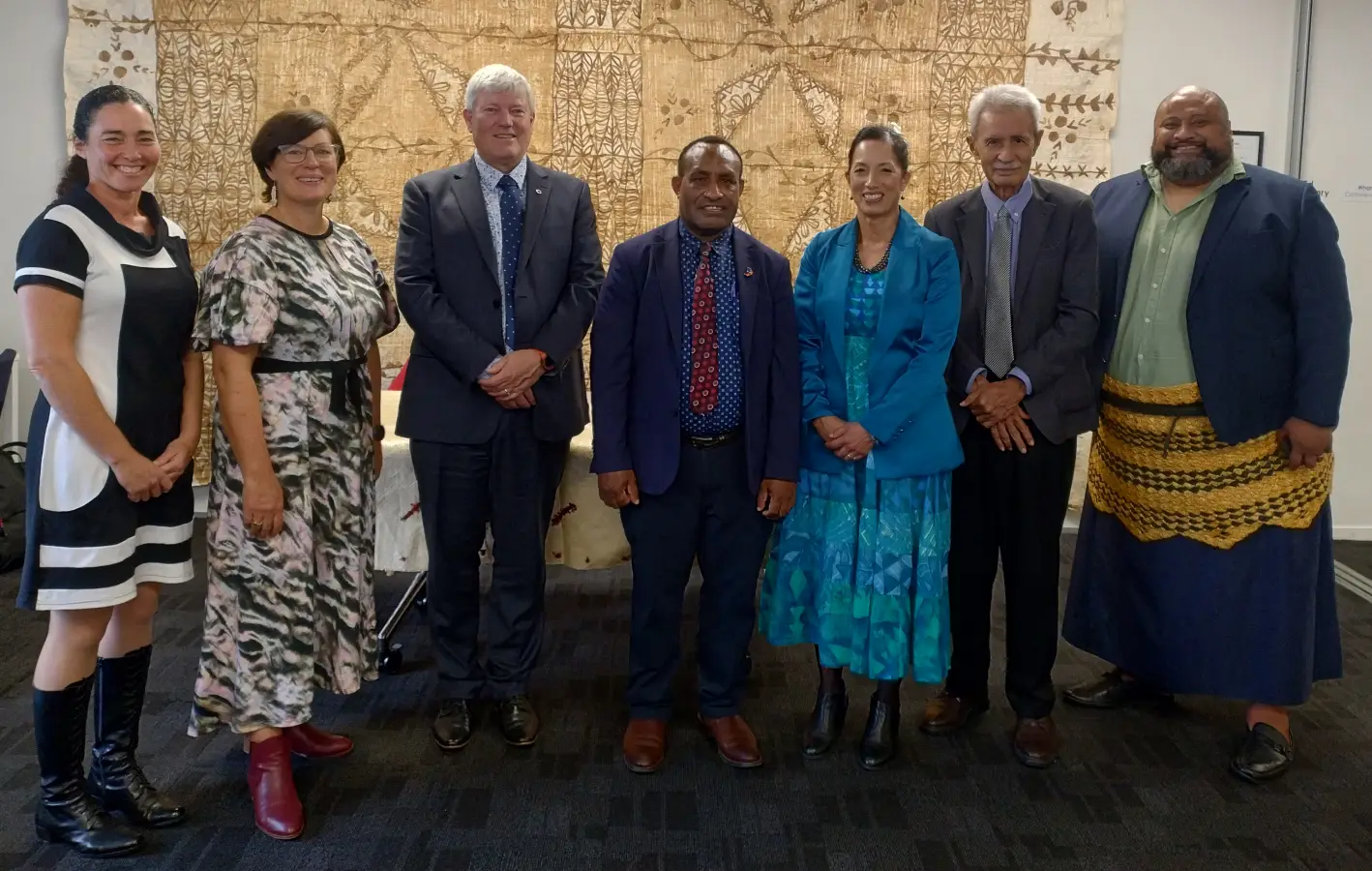Head judge is the University of Waikato’s Director of Engagement and Executive Education, Dr Heather Connolly.
She says they weren’t sure what to expect for these awards, that perhaps businesses would be put off entering because of the uncertainty around Covid, but it turned out to be the opposite.
“We found that businesses came forward to promote themselves. They’d gone through so much change during Covid and what shone through was how businesses had drawn on the strength of their staff to get into a better position. We found businesses are doing some great and unique things on the ground, and they are shining.”
Dr Connolly has been involved in the business awards for “eight or nine” years, and head judge for the past three.
She says she and her fellow judges, all 30 plus of them, were impressed with the calibre of entries from a raft of different sectors.
“Familiar names, but new names too,” she says. “There are businesses in the Waikato region doing great things, but they are largely hidden, particularly in IT, and it’s always good to see new businesses coming through.”
The Chamber launched the awards at the premises of the awards’ key sponsor Foster Construction Group.
“That may have also had a bearing on the high number of entries too,” Dr Connolly says. “It meant business owners and leaders could question the judges and chamber representatives about any aspect of the awards, and after that we ran two online zoom sessions where people could get questions answered before working on and submitting entries.”
As head judge, Dr Connolly ensures judges cover all aspects of business practice and she makes a point of bringing new judges on board each year.
“A more senior judge will go out and visit a business with a newer one and if there’s even a sniff of a conflict of interest then a judge will withdraw from any involvement with that particular business or category.”
That may sound simple, but Dr Connolly says the Waikato business community is relatively small and close-knit so there are numerous occasions where there is conflict.
The University of Waikato sponsors the CEO of the Year category and it’s a category that’s kept strictly confidential, says Dr Connolly. They do not release the names of all CEO entrants; simply announce the winner.
Award judges must be independent from the Waikato Chamber of Commerce and the panel includes bankers, directors, independent consultants, accountants, strategists, representatives from not-for-profits and past award winners.
We make sure we keep the process alive and vibrant, and that all voices can be heard. We have some robust conversations when we get together,” Dr Connolly says. “Robust and confidential, often looking and relooking at an issue or topic within the submission several times and with different people.
She says it’s this rigorous judging process, led by the University of Waikato with the full support of the Chamber team, that gives the awards their status in the business community.
The very nature of Dr Connolly’s position, Director of Engagement and Executive Education, means she’s a link between ‘town and gown’.
She’s a business strategist with a small business lens, working as a consultant before returning to the University of Waikato to study for her PhD.
As a strategist she’s aware that businesses and universities need to adapt as they try to read and prepare for the future.
To that end, Executive Education at the University of Waikato offers ongoing short-style courses, which aren’t formal qualifications, but tailored for business people who haven’t the capacity to commit to an MBA, or who want themselves or their staff to upskill in a particular area of business. For example, project management, design thinking, finance, Artificial Intelligence (AI) and machine learning.
“So they understand the language of future trends,” Dr Connolly says. “But always what comes through is the human side of leaders. Bringing people together is the strongest part of their organisation, so we offer leadership development as well.”
The University of Waikato MBA remains a popular programme, drawing people from all walks of life. There are 50 participants in the current graduating class.
The qualification was significantly revamped and refreshed two years ago, to make it more cross disciplinary and more problem based.
Instead of offering separate papers for each subject we brought them together; economics with supply chain management and strategy with marketing. We introduced a paper called Creating Positive Disruption, and also focused on moving managers to leaders.
Another part of Dr Connolly’s wide brief is to bring students and business together; students get workplace experience by taking on a specific project or doing an internship before they graduate, and business leaders come to campus to talk to students about business practice.
“They’ll be taking on our students and in turn those students can come back to class as guest speakers too. “It’s a circle if you like, and it makes the university-business relationship stronger,” Dr Connolly says.
“They’re amazing inspirational leaders,” Dr Connolly says. “They’ll talk about their careers, predictions for business and the skill sets they’ve developed. I’d really like to know what they’d tell their 20-year-old selves if they reflect on their own careers, what they’d do differently, what advice they’d have for the next generation of female business leaders.”




